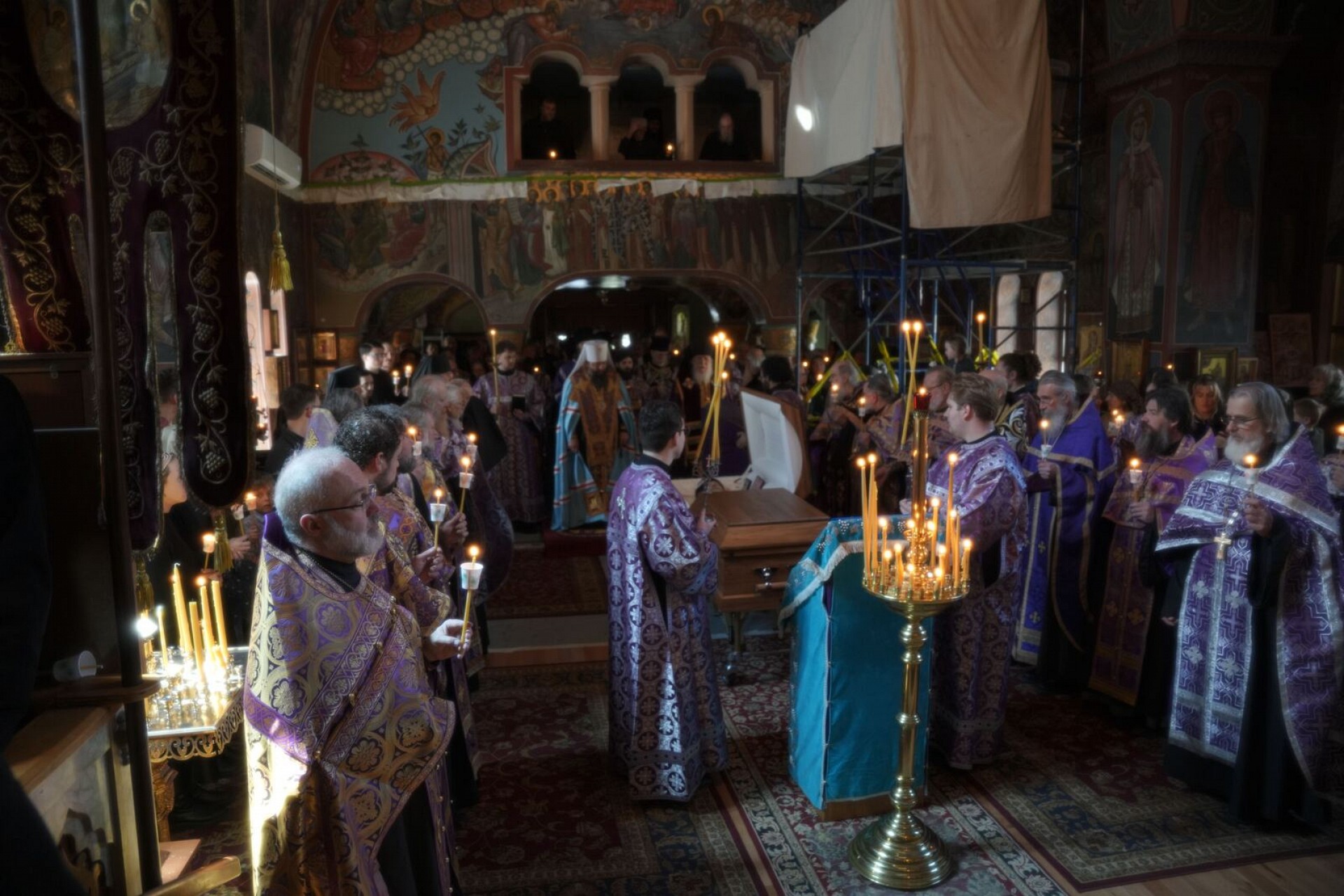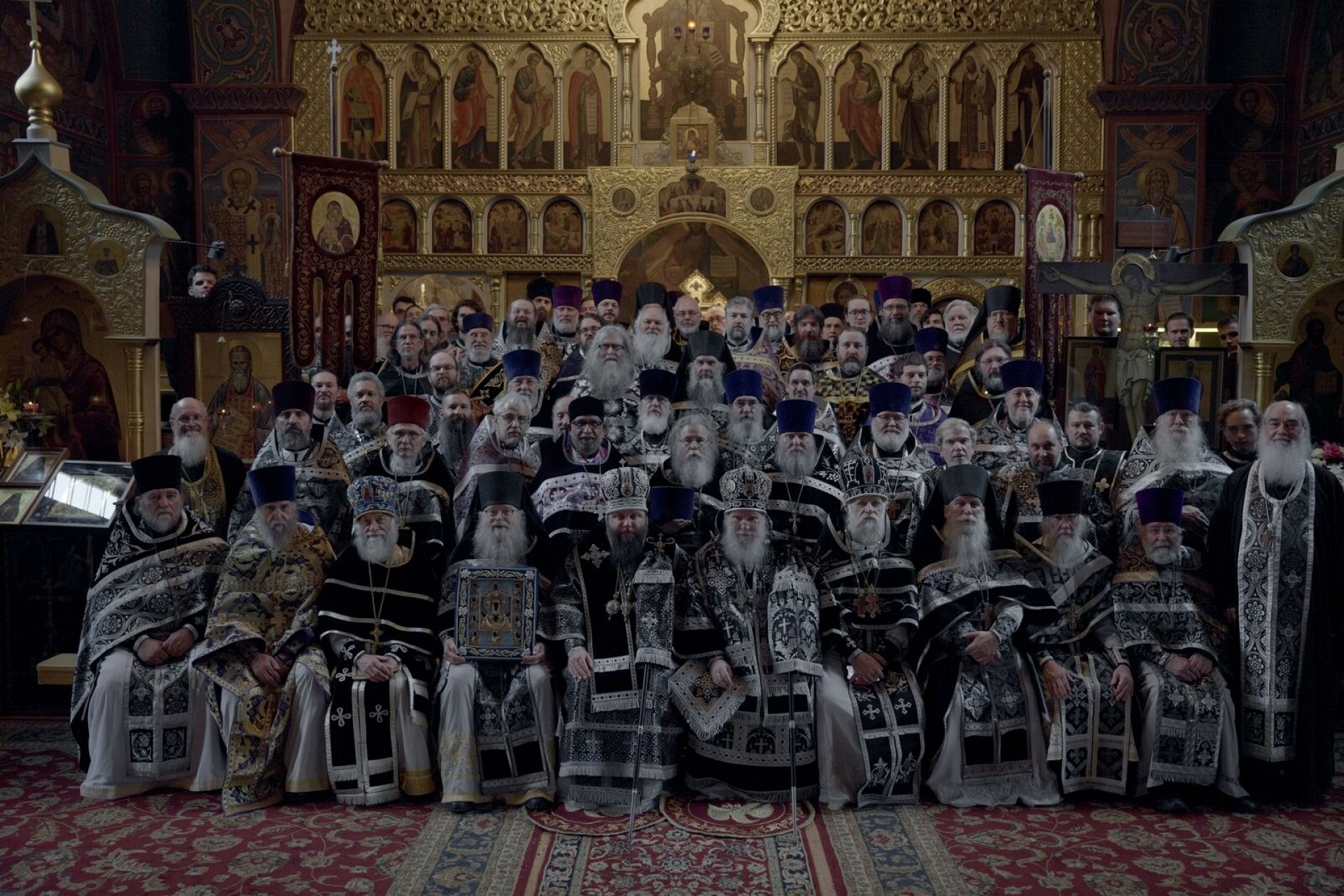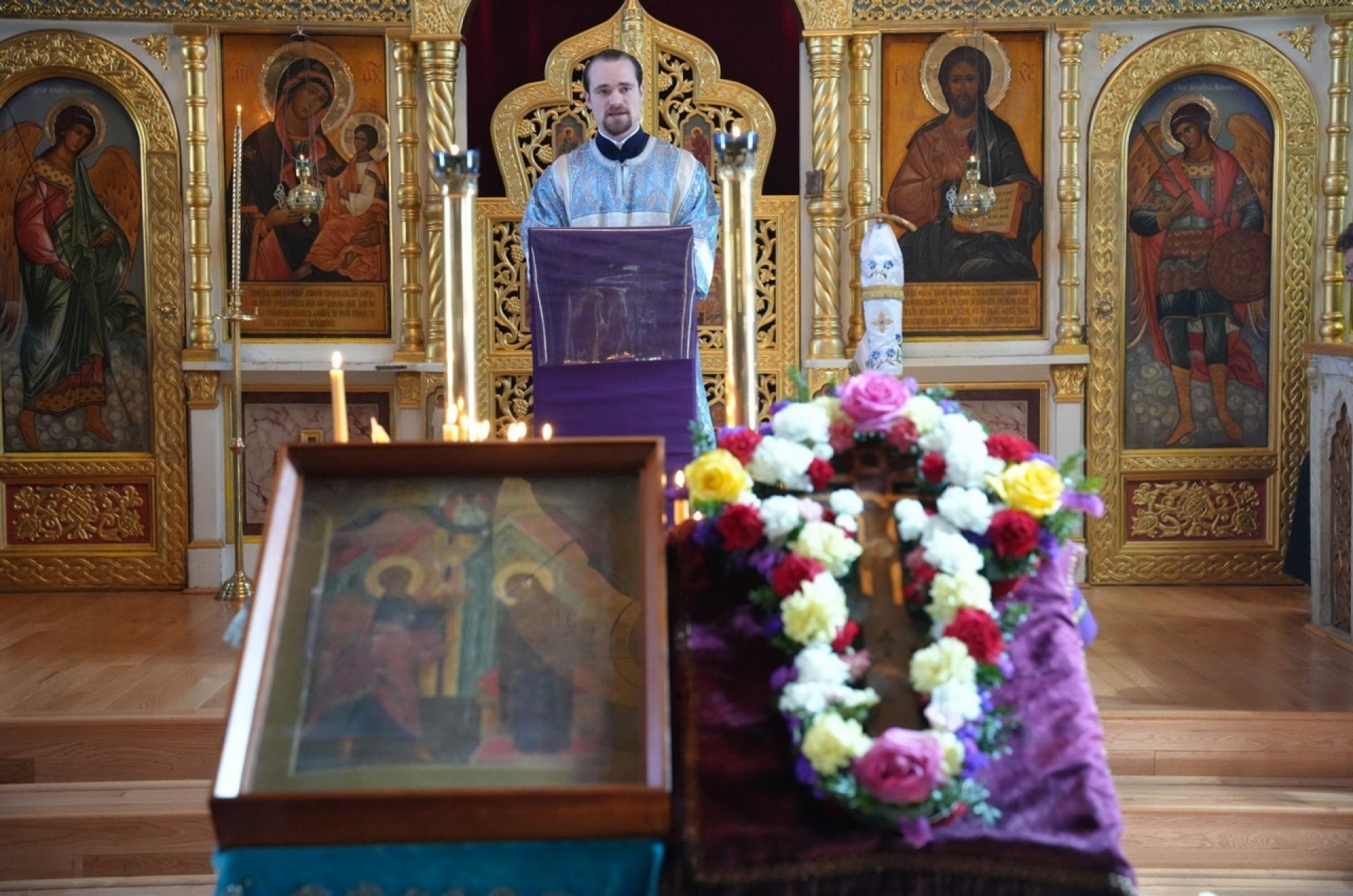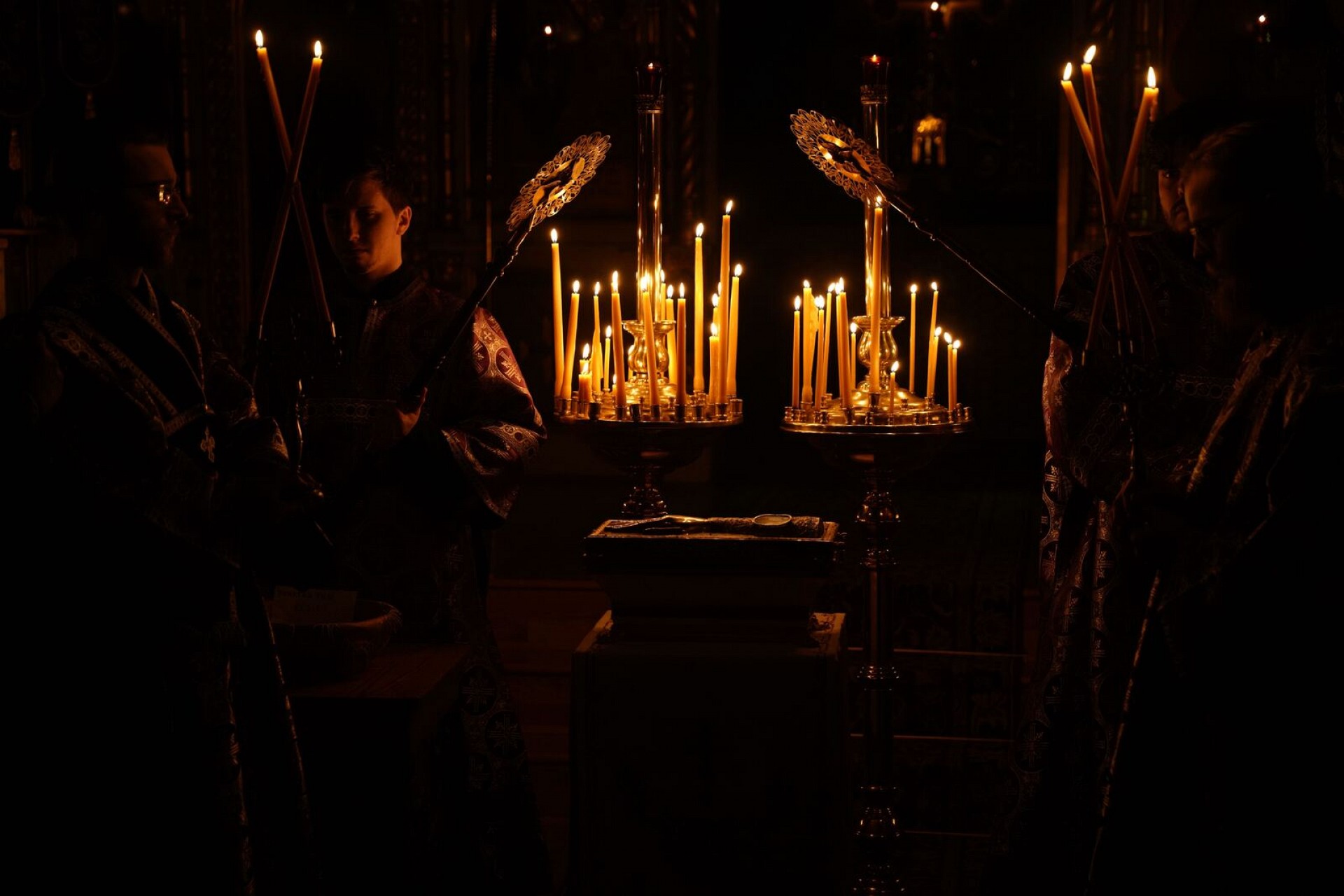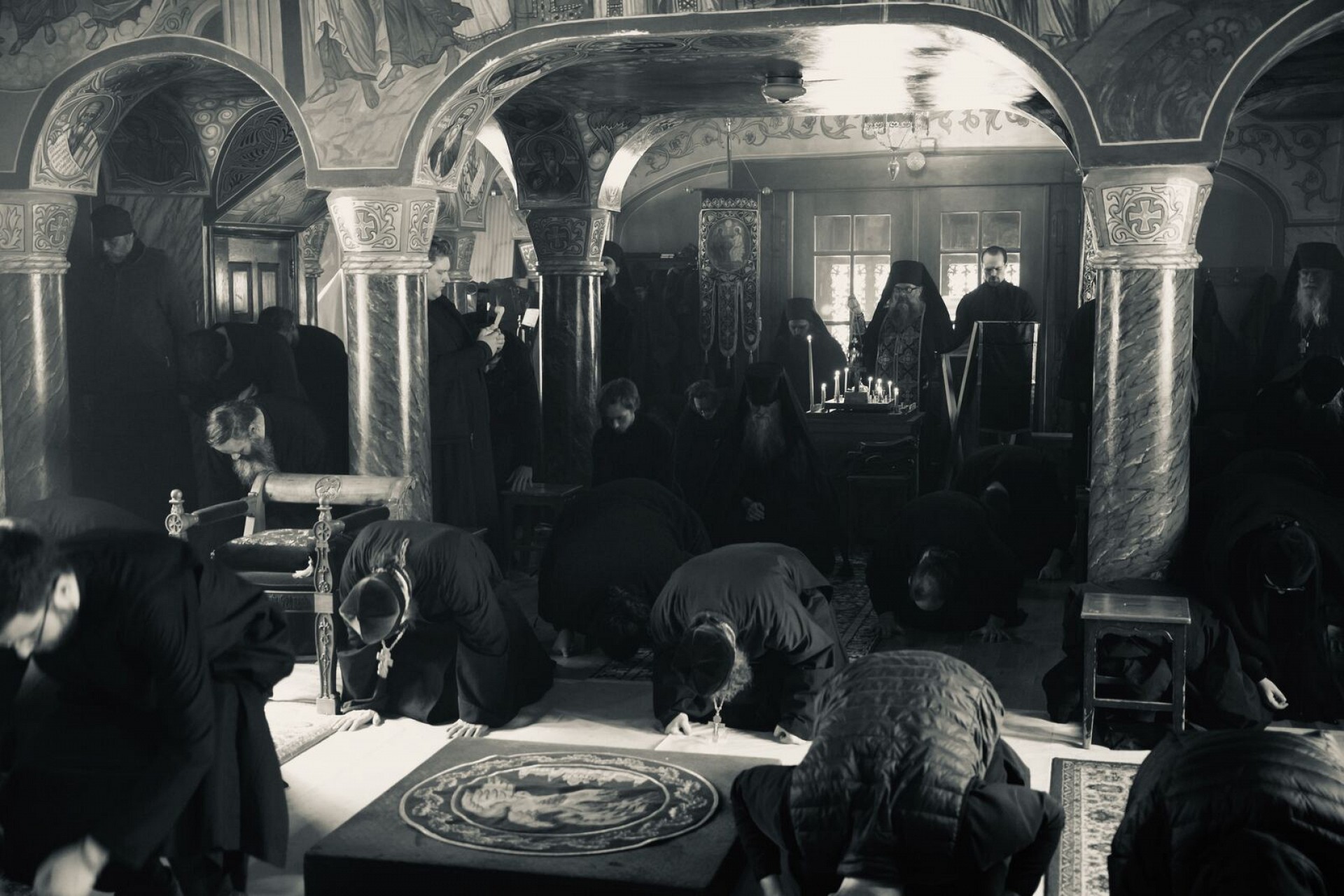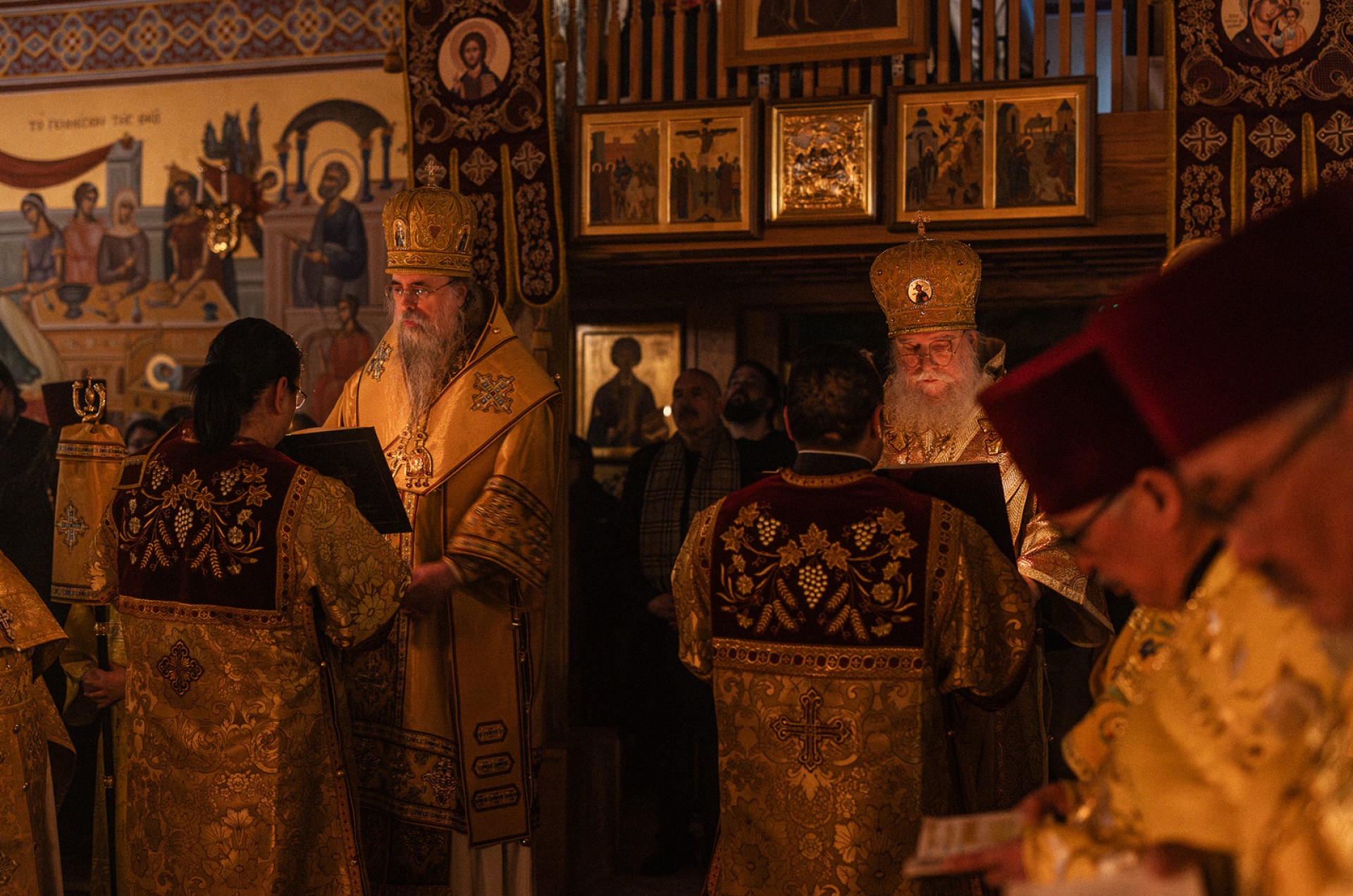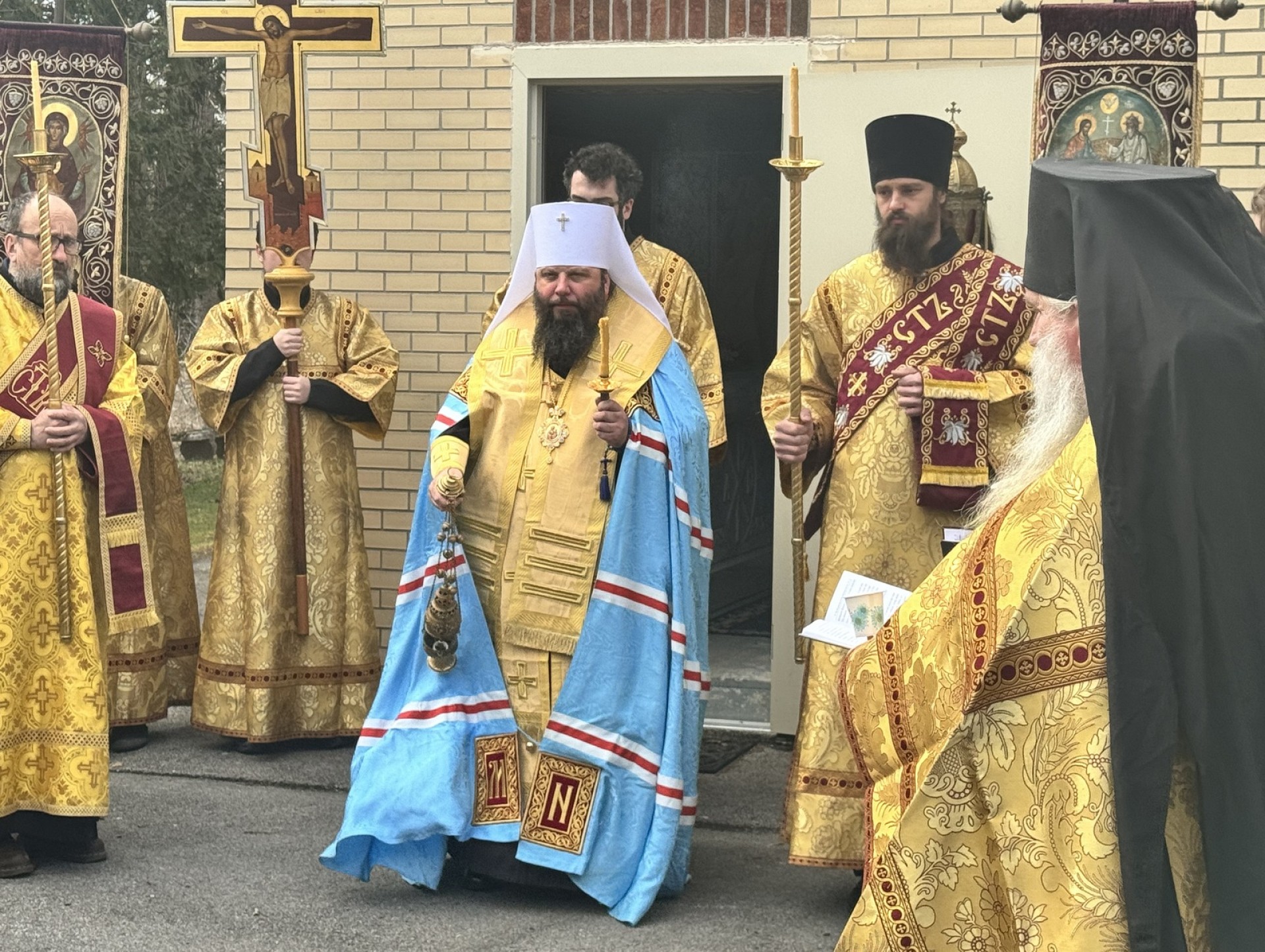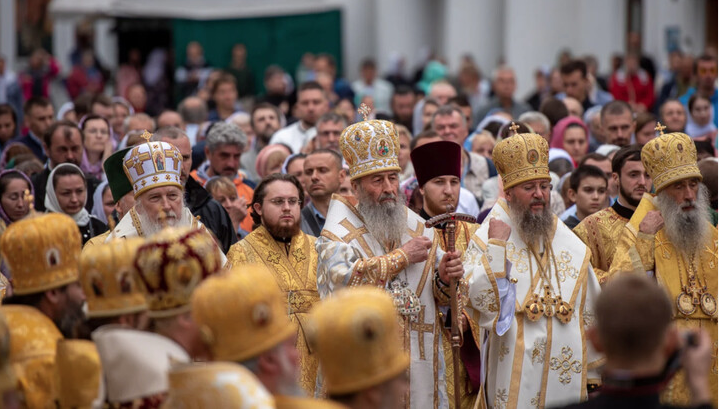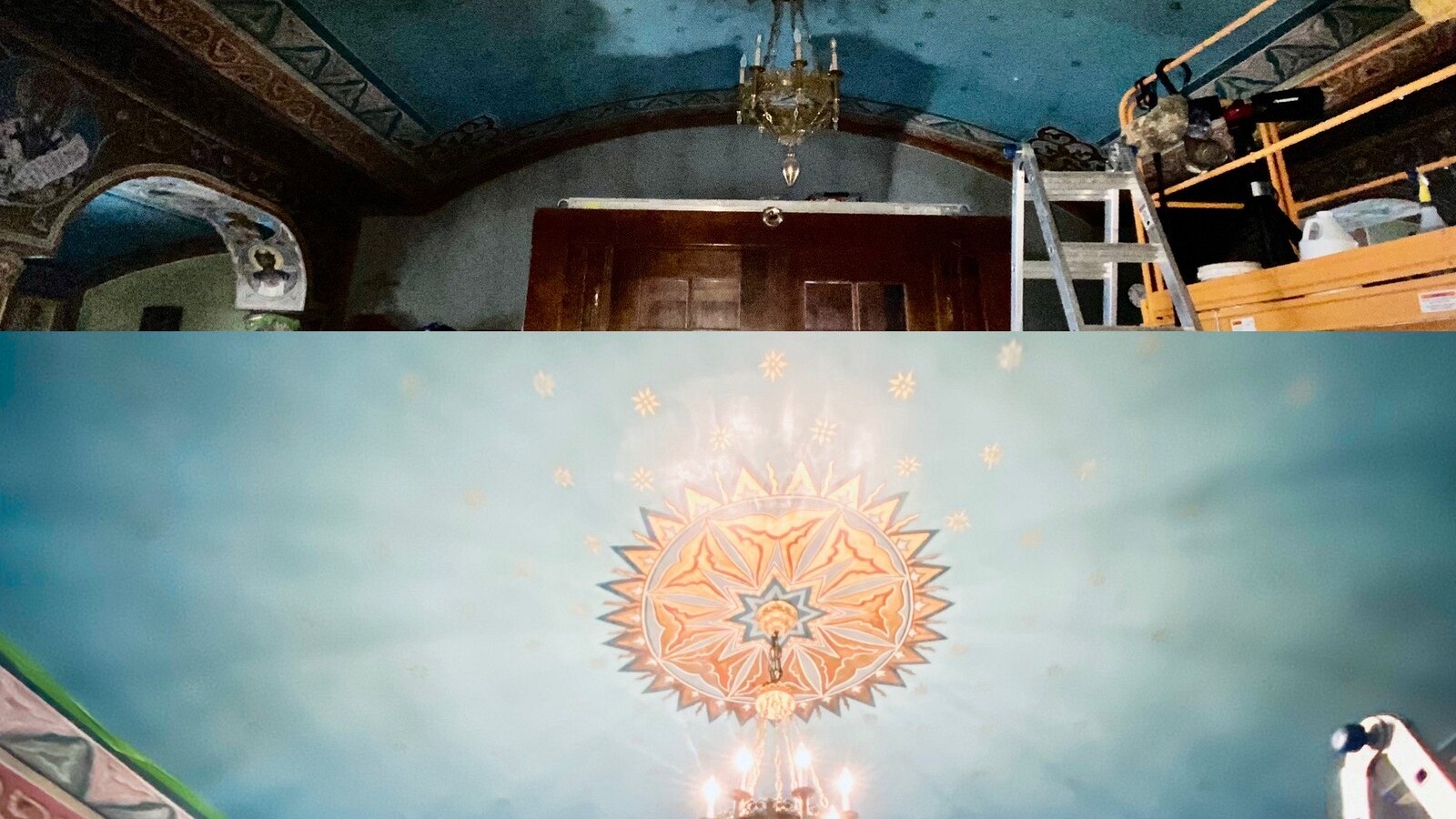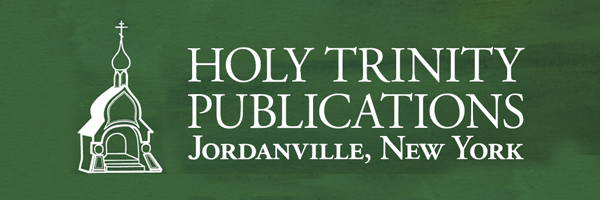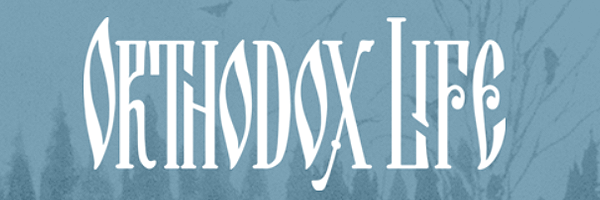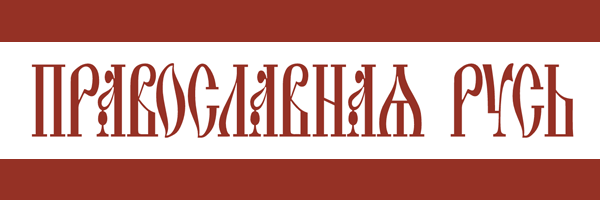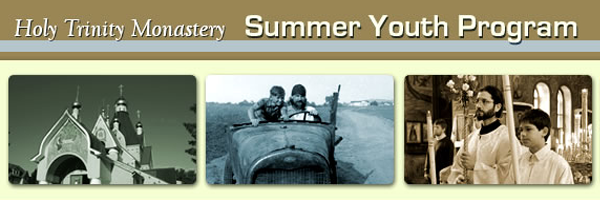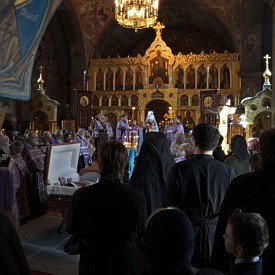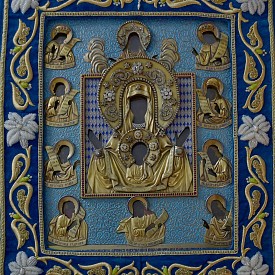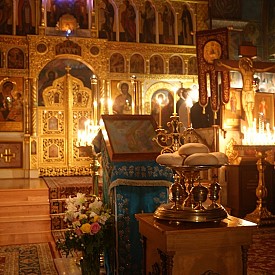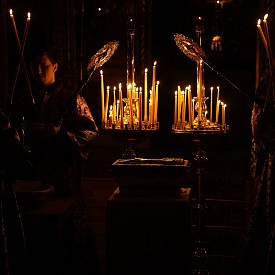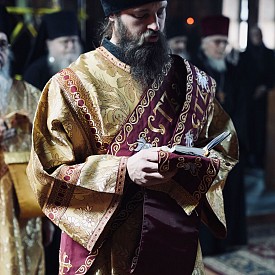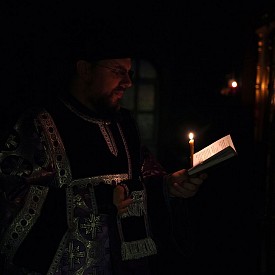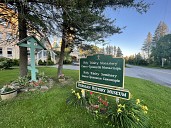Welcome to
Holy Trinity Monastery
Welcome to Holy Trinity Monastery
For more news click here
Announcements
Orthodox Life
Prologue of Ochrid
1. SAINT MARTIN THE CONFESSOR, POPE OF ROME
Martin became pope on July 5, 649 A.D., at the time of the furious debates between the Orthodox and the Monothelete heretics, who adhered to the belief in a single will in Christ. Reigning at that time was Constans II, the grandson of Heraclius. The Patriarch of Constantinople was Paul. In order to establish peace in the Church, the emperor complied a booklet, entitled Type [Typos] which was very favorable to the heretics. Pope Martin convoked a Council of one-hundred five bishops (in the Church of the Holy Savior in the Lateran Palace in October) which condemned this pamphlet of the emperor. At the same time, the pope wrote a letter to Patriarch Paul imploring him to adhere to the purity of the Orthodox Faith and to counsel the emperor to renounce this heretical sophistry. This letter angered both the emperor and the patriarch. The emperor dispatched Olympius, one of his commanders, to Rome to bring the pope to Constantinople in bonds. The commander did not dare to bind the pope but bribed a soldier to slay him in church with a sword. When the soldier entered the church with the concealed sword, he was instantly blinded. Thus, by the Providence of God, Martin escaped death. At that time, the Saracens attacked Sicily and Olympius was ordered to Sicily and there he died. Then, according to the intrigue of the heretical Patriarch Paul, the emperor dispatched Theodore, another commander, to bind the pope and to bring him to Constantinople under the accusation that he, Pope Martin, was in collaboration with the Saracens and does not honor the All-Pure Mother of God. When the commander arrived in Rome and read the accusation against him, Pope Martin responded that: "This was slanderous and that he has no association with the Saracens, the adversaries of Christianity. As regards the All-Pure Mother of God; if one does not honor her and does not confess her and does not reverence her, let him be cursed in this world and in the next." However, this did not alter the decision of the commander. Pope Martin was bound and brought to Constantinople where he lay for a long time in prison, painfully ill, suffering from anxiety and hunger, until finally, he was sentenced to exile to Cherson. Pope Martin lived for two years in exile and died in the year 655 A.D., offering his soul to the Lord, for Whom he suffered much. Two years prior to Pope Martin's death, the repentant Paul died. When the emperor visited him before his death, Paul turned his head toward the wall and wept, confessing that he had greatly sinned against Pope Martin and begged the emperor to release him.
2. THE HOLY MARTYRS ANTHONY, JOHN AND EUSTACE [EUSTATHIUS]
All three were pagans and, at first, were fire worshippers. All of them were servants in the palace of the Lithuanian Prince Olgard in Vilna. They were formerly called: KRUGLETZ, KUMETZ AND NEZILO. All three were baptized by Nestor, the priest. All three were hanged, one after the other on the same oak tree in the year 1347 A.D. Christians cut down the tree and erected a church in honor of the Holy Trinity. The revered relics of these martyrs were then placed in this church and a holy altar table was carved from the stump of the oak tree. Their relics repose in Vilna.
3. THE HOLY MARTYR ARDALION, THE ACTOR
At first Ardalion was an actor-comedian. For the sake of entertaining the people, he eagerly played the role of a martyr for the Faith deriding Christians in every possible manner. When a persecution surfaced during the reign of Emperor Maximian, his spirit completely changed. In front of the crowd, he cried out in a loud voice that he is a Christian and that he was not jesting. For this, Ardalion was condemned, suffered for Christ and died tied to a red hot framework of rods thus portraying a true and honorable role of a martyr.
HYMN OF PRAISE
SAINT MARTIN
Saint Martin the Pope, before the Senate speaks:
May my body be crushed and burned,
And the most cruel sufferings, I will joyfully endure;
But, the True Faith, I will not deny.
The Good Savior was God and Man,
Two natures different with two wills, He bore,
But, two natures in one person,
And, both wills in a single light.
Such a Faith, all the Fathers passed on to us,
For such a Faith, many suffered.
May I suffer also; of all, the least
The servant of my Lord, of all the most sinful!
Thus, Martin confessed his faith to all
And truth did he speak before the heretics.
O what is the worth of man when he fears God:
Above little men, he [Martin] stands as a mountain!
REFLECTION
"It is befitting for a monk to love God as a son and to fear Him [God] as a slave," says St. Evgarius. Naturally, this is also befitting to every Christian, even though he might not be a monk. It is a great art for anyone to unite love for God and to have fear of God. Many other Holy Fathers whenever they speak about love for God, at the same time, also mention fear of God, and vice-versa. In his homily: "On Perfect Love," St. John Chrysostom speaks about suffering and the pains of Hell at the same time. Why? Because the great love of man toward God without fear, imperceptibly crosses over into pride and then, again, a great fear of God without love leads to despair.
CONTEMPLATION
To contemplate the resurrected Lord Jesus:
1. How He appeared to the disciples on the shore of the lake and addresses them as "children" (St. John 21:5) .
2. How He fills their nets again with fish and they knew Him but did not dare to ask Him, "Who are You?" (St. John 21:12).
HOMILY
About the personal experience of all the apostles
"What we have heard, what we have seen with our eyes, what we looked upon and touched with our hands---We proclaim now to you " (1 St. John 1:1).
Behold, such is the apostolic preaching! The apostles do not speak as worldly sages, nor like philosophers and even less as theoreticians who make suppositions about something in order to discover something. The apostles speak about things which they have not sought but which unexpectedly surrounded them; about the fact which they did not discover but, so to speak, unexpectedly found them and seized them. They did not occupy themselves with spiritual researches nor have they studied psychology, neither did they, much less, occupy themselves with spiritism. Their occupation was fishing - one totally experiential physical occupation. While they were fishing, the God-Man [Jesus] appeared to them and cautiously and slowly introduced them to a new vocation in the service of Himself. At first, they did not believe Him but they, still more cautiously and slowly with fear and hesitation and much wavering, came toward Him and recognized Him. Until the apostles saw Him many times with their own eyes and until they discussed Him many times among themselves and, until they felt Him with their own hands, their experienced fact is supernatural but their method of recognizing this fact is thoroughly sensory and positively learned. Not even one contemporary scholar would be able to use a more positive method to know Christ. The apostles saw not only one miracle but numerous miracles. They heard not only one lesson but many lessons which could not be contained in numerous books. They saw the resurrected Lord for forty days; they walked with Him, they conversed with Him, they ate with Him, and they touched Him. In a word: they personally and first handedly had thousands of wondrous facts by which they learned and confirmed one great fact, i.e., that Christ is the God-Man, the Son of the Living God, the Man-loving Savior of mankind and the All-Powerful Judge of the living and the dead.
O resurrected Lord confirm us in the faith and ardor of Your Holy Apostles.
To You be glory and thanks always. Amen.
$200,000.00
We are happy to report that thanks to your generous response and support, we have met our goal of 200K for the summer facilities maintenance fundraiser. May God abundantly bless all those who have contributed to it.
Thanking you again on behalf of the Monastery Brotherhood, the Seminary administration and the Seminarians!.
+ Bishop Luke
For more projects click here.
HOLY TRINITY CATHEDRAL FRESCOES RESTORATION PROJECT
Service Schedule
Prayer Requests
Light A Candle
Donate
Visit
